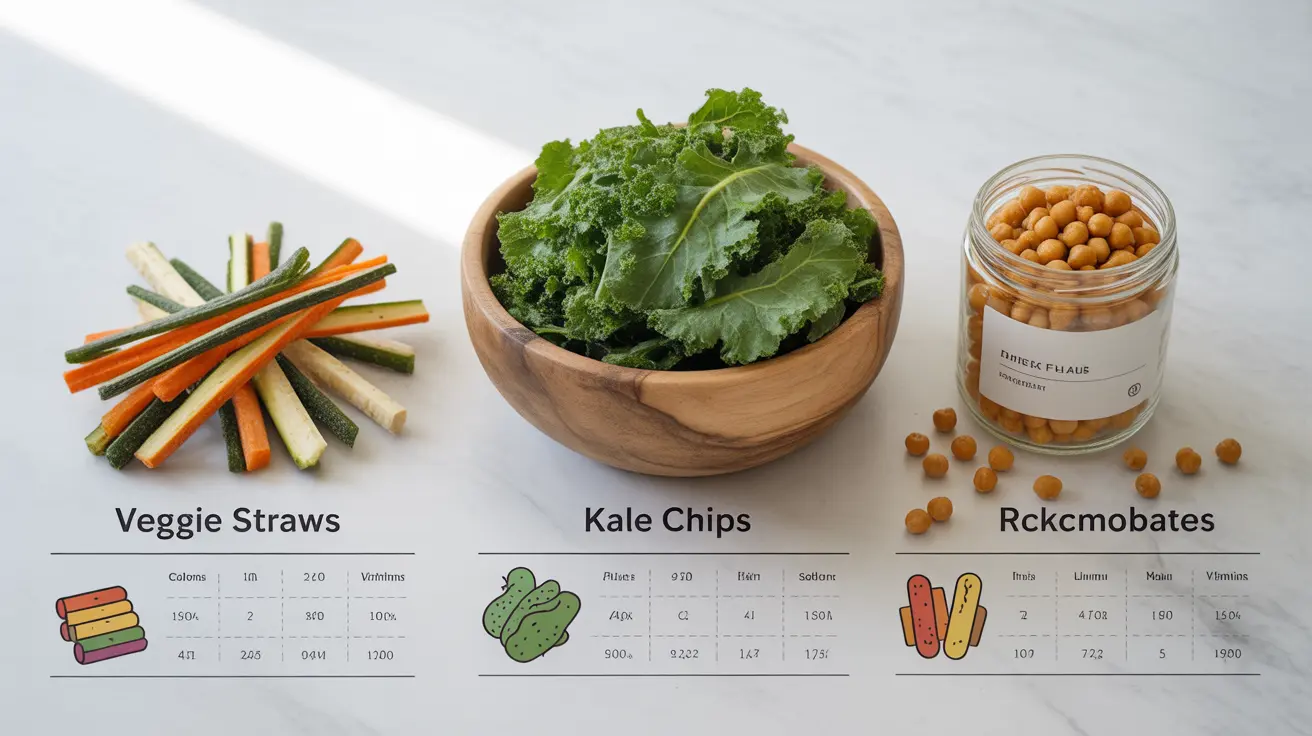In recent years, veggie straws have gained popularity as a supposedly healthier alternative to traditional potato chips. With their vegetable-inspired colors and marketing claims of being made with real vegetables, many consumers turn to these crunchy snacks believing they're making a better nutritional choice. But are veggie straws healthy? Let's examine the facts behind these trendy snacks and understand their true nutritional value.
Understanding What Veggie Straws Really Are
Despite their name and appearance, veggie straws are primarily processed snacks made from potato starch, potato flour, and corn starch. While they may contain small amounts of vegetable powder for color and flavoring, they're far more similar to potato chips than to actual vegetables in terms of their nutritional composition.
Nutritional Profile of Veggie Straws
Caloric Content and Macronutrients
Veggie straws typically contain about 130-140 calories per serving (about 38 straws), which is comparable to regular potato chips. They're primarily composed of refined carbohydrates with minimal protein content and moderate amounts of fat, most of which comes from vegetable oils used in processing.
Vitamin and Mineral Content
Despite containing vegetable powders, veggie straws offer minimal amounts of the vitamins and minerals found in whole vegetables. The processing methods used to create these snacks significantly reduce any nutritional benefits that might have been present in the original vegetable ingredients.
The Sodium Factor
One significant concern with veggie straws is their sodium content. A single serving can contain anywhere from 220-280mg of sodium, which can quickly add up when consuming multiple servings. This high sodium content may be problematic for individuals watching their salt intake or those with cardiovascular concerns.
Comparing to Traditional Snacks
While veggie straws might be marginally lower in fat compared to some traditional potato chips, the difference is not significant enough to classify them as a health food. They still qualify as a processed snack food with limited nutritional value.
Healthier Alternatives for Snacking
If you're looking to increase your vegetable intake or find healthier snack options, consider these alternatives:
- Fresh vegetable sticks with hummus
- Baked kale chips
- Air-popped popcorn
- Roasted chickpeas
- Raw snap peas
- Homemade baked vegetable chips
Frequently Asked Questions
Are veggie straws a healthy snack compared to regular potato chips?
While veggie straws may be slightly lower in fat than traditional potato chips, they are still processed snacks with similar caloric content and minimal nutritional value. They shouldn't be considered a significantly healthier alternative to potato chips.
Do veggie straws provide any significant nutritional benefits like fiber or protein?
Veggie straws contain minimal amounts of fiber and protein. Despite containing vegetable powder, they offer very little of the nutritional benefits found in whole vegetables.
How does the high sodium content in veggie straws affect heart health?
The high sodium content in veggie straws (220-280mg per serving) can contribute to daily sodium intake limits, potentially impacting blood pressure and heart health when consumed regularly or in large amounts.
Can veggie straws be considered a good substitute for eating whole vegetables?
No, veggie straws should not be considered a substitute for whole vegetables. They lack the fiber, vitamins, minerals, and antioxidants found in fresh vegetables and are primarily made of processed potato and corn starches.
What are healthier snack alternatives to veggie straws for increasing vegetable intake?
Better alternatives include fresh vegetable sticks with healthy dips, homemade baked vegetable chips, roasted chickpeas, kale chips, or raw snap peas. These options provide more nutrients and fiber while satisfying the desire for crunchy snacks.




